
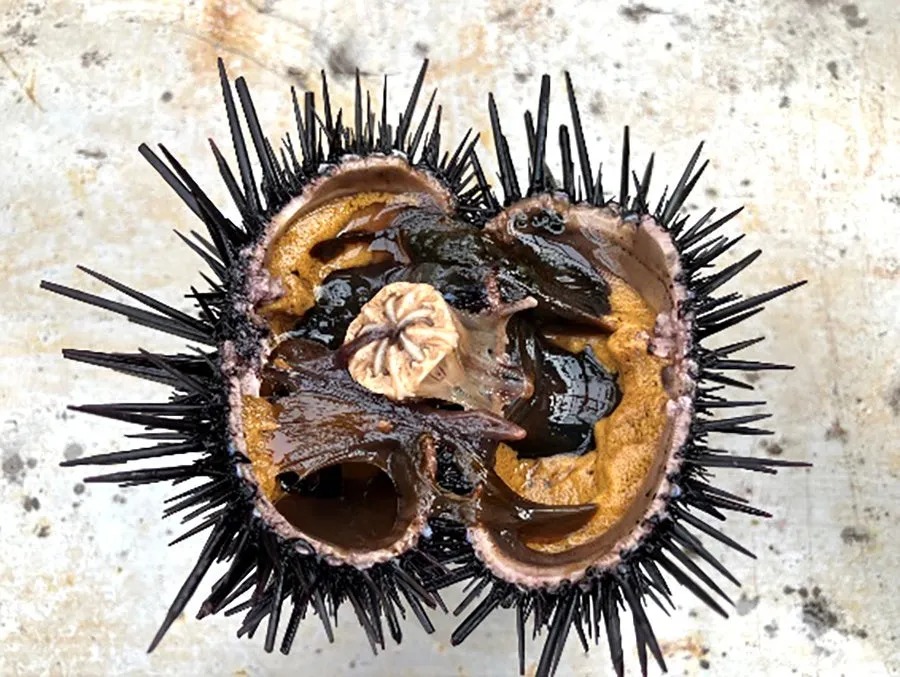
Revolutionary Study on Ultra Fine Bubbles Enhances Sea Urchin Farming Efficiency
Overview of the Research Findings on Ultra Fine Bubbles in Sea Urchin Farming
In a groundbreaking development, TKS Co., Ltd., based in Gifu, Japan, has made significant strides in combating coastal degradation known as 'iso-yake' through innovative applications of ultra fine bubbles (UFB). The company, recognized for its pioneering work on fine bubble technologies, has partnered with Mitsui Consulting Engineers Co., Ltd. since 2023 to explore the efficacy of UFB in enhancing the cultivation of sea urchins, particularly post-harvest treatment for those affected by iso-yake.
Key Research Outcomes
In a recent study utilizing sea water from Minami Town in Tokushima Prefecture, researchers confirmed the production of hydroxyl radicals (HR)—a reactive oxygen species crucial for aquatic life—by artificially generating UFB in their experimental aquaculture systems. This breakthrough addresses previous limitations in measuring UFB in actual ocean conditions, thus paving the way for practical applications in aquaculture settings.
Previously, measuring the impact of UFB on marine species like sea urchins faced challenges due to the tiny size of UFB (less than 0.001 mm), complicated by the presence of solid impurities in seawater. However, TKS's recent advancements have allowed for the verification of UFB's vital properties in conditions suitable for marine life. The broader implications of this study could transform sea urchin farming, a sector hindered by declining marine ecosystems.
Addressing Sea Urchin Cultivation Challenges
The research further analyzed the effects of UFB on the farming of purged sea urchins, which are often in a deteriorated state, lacking substantially in edible flesh. According to the findings, UFB, rather than oxygen itself, appears instrumental in reducing sudden mortality rates among these sea urchins during cultivation. This revelation was validated through trials conducted between January and March 2025, reinforcing the hypothesis that UFB plays a crucial role in preserving the viability of sea urchins in various environmental conditions.
Upcoming Conference Presentation
TKS will present these pivotal research findings at the annual meeting of the Japan Society of Fisheries Engineering in May 2025, highlighting the advantages of employing UFB in sea urchin farming practices. This scholarly exchange aims to promote awareness regarding sustainable aquaculture solutions and the innovative potential of UFB technology.
The Societal Impact
The pressing need to combat iso-yake, which has witnessed a catastrophic decline in kelp forests over the past two to three decades, necessitates urgent intervention. TKS's UFB research aligns perfectly with global sustainability targets, especially those concerning the conservation and restoration of marine biodiversity. Not only does this initiative offer solutions for aquaculture, but it also contributes to broader conversations surrounding the sustainable use of marine resources.
Looking Ahead
In light of these findings, future investigations will delve into how UFB affects the growth cycles of sea urchin reproductive organs. TKS aims to develop compact aquaculture equipment accessible to smaller operators, further embedding UFB as a staple in aquaculture strategies.
About TKS Co., Ltd.
Founded in 1965, TKS has evolved from humble beginnings to a leader in water control technologies, developing cutting-edge solutions for various industries. Since 2010, the company has dedicated itself to researching fine bubble systems for applications in agriculture and aquaculture, arguing that their uniquely developed technologies can play a significant role in enhancing water management practices and promoting ecological balance.
By integrating advanced techniques such as UFB with the economic principles of aquaculture, TKS is at the forefront of developing solutions that address both environmental challenges and industry needs. This initiative holds great promise for the future of aquaculture, sustainability, and cooperative research endeavors.
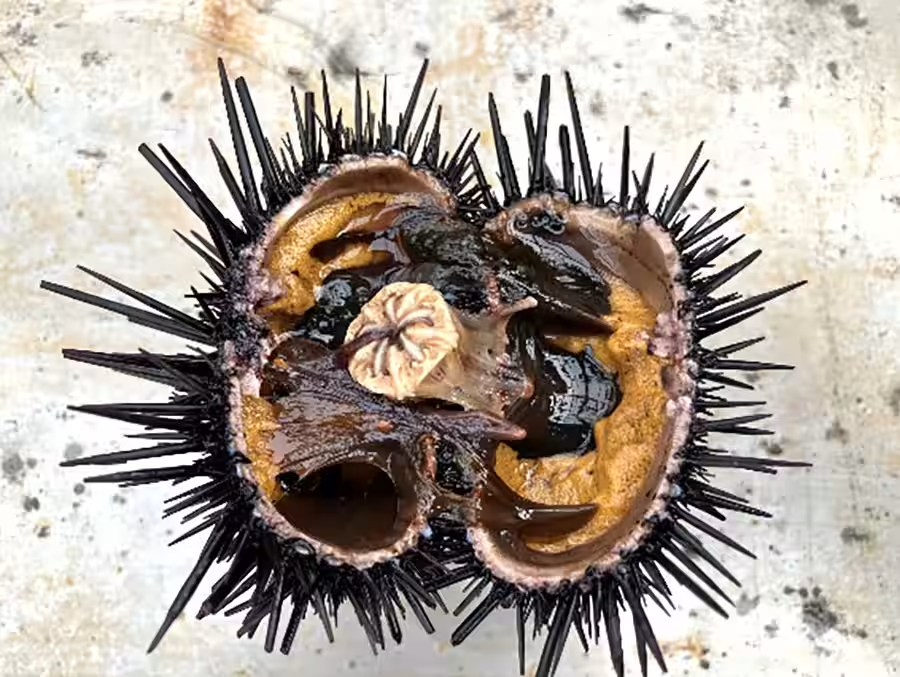
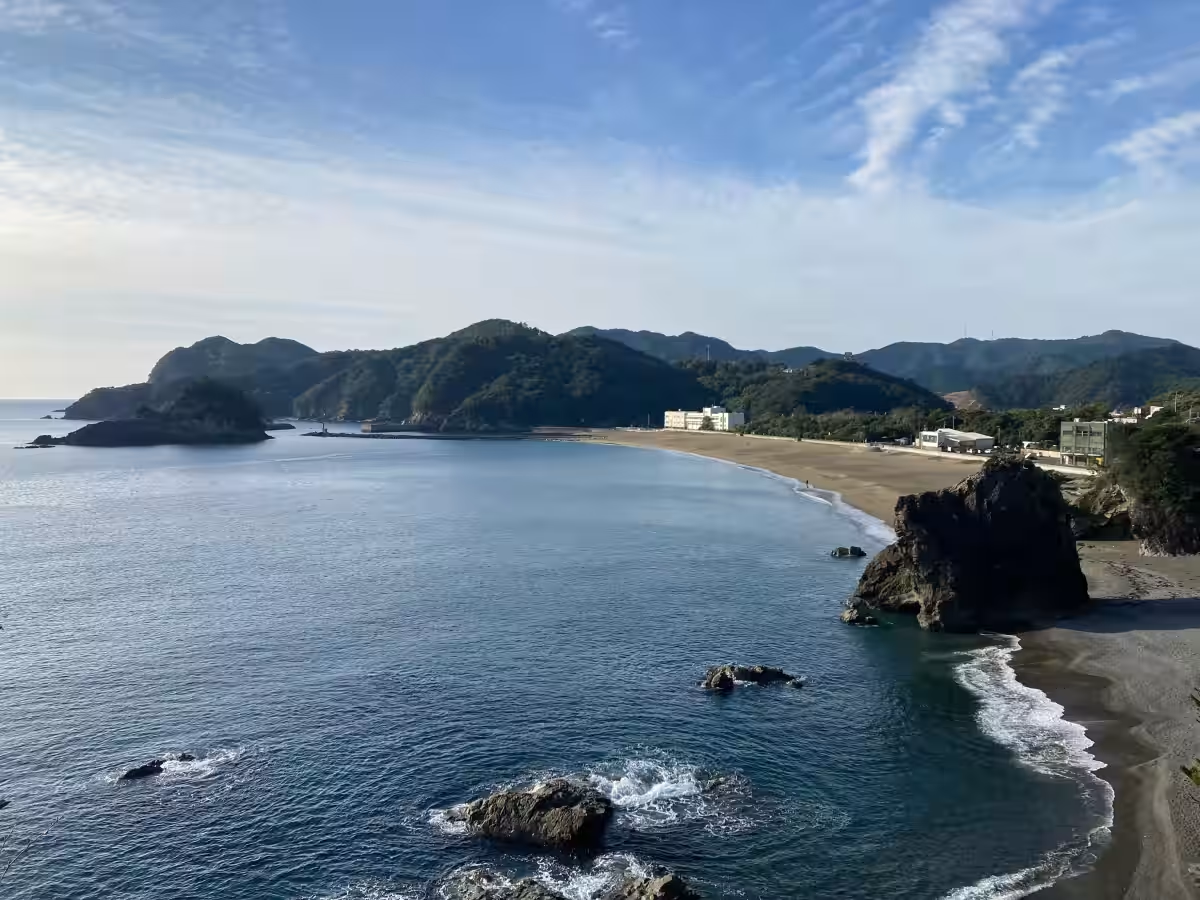
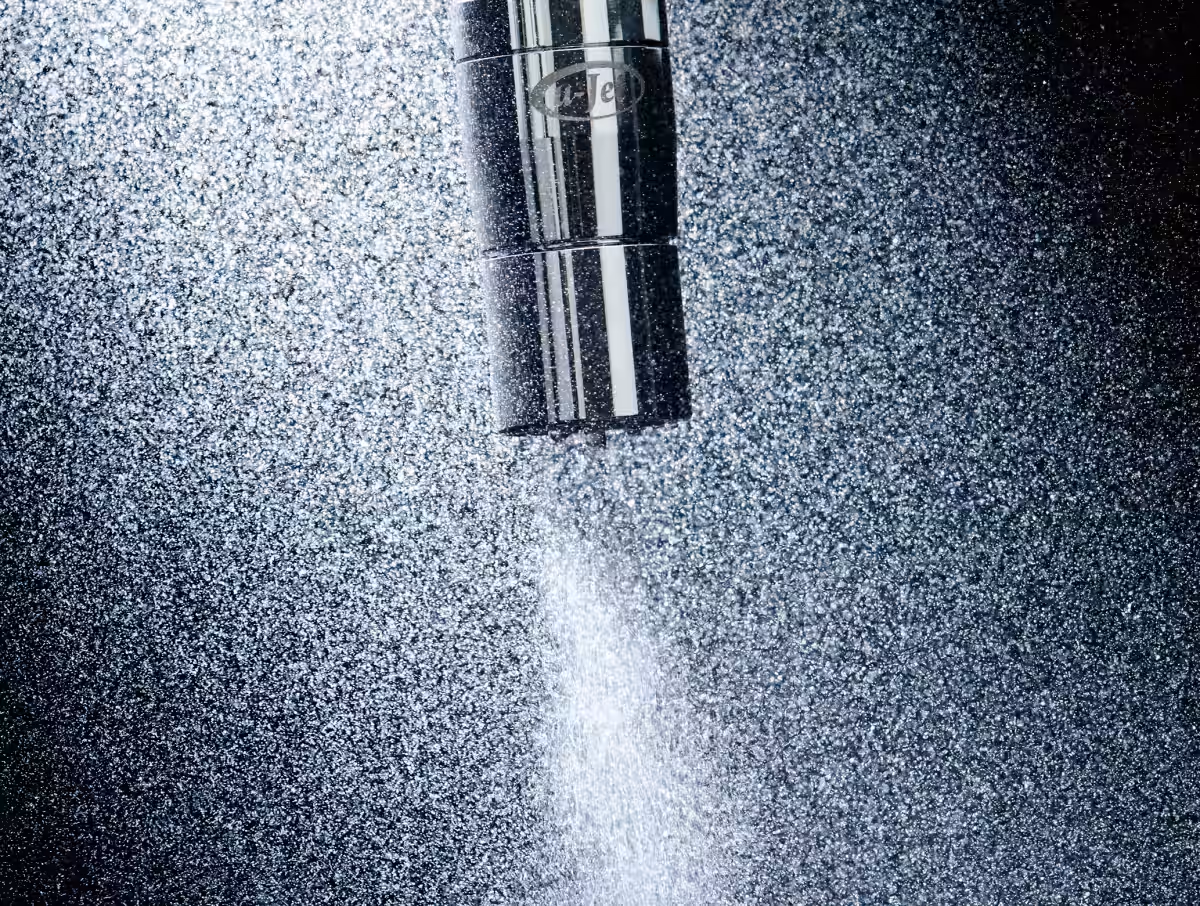
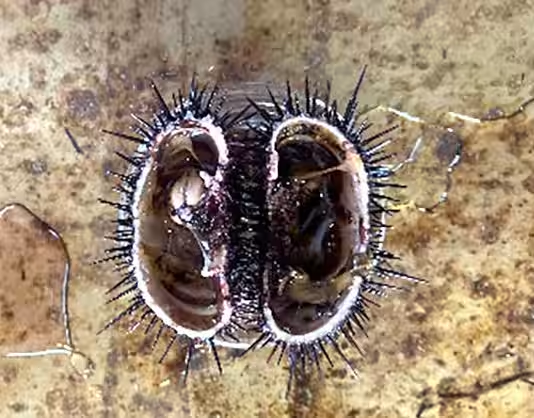
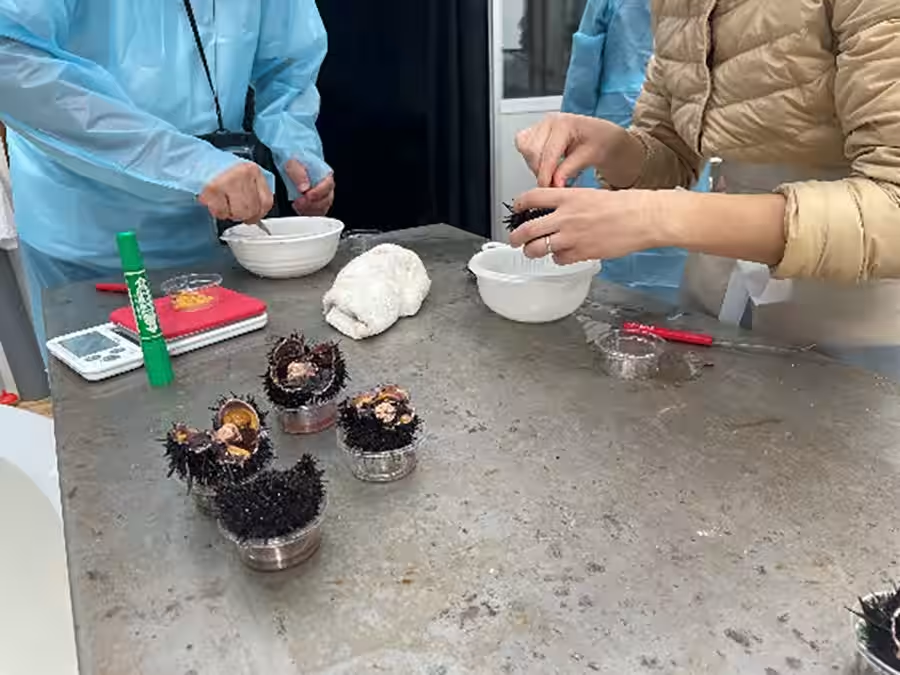
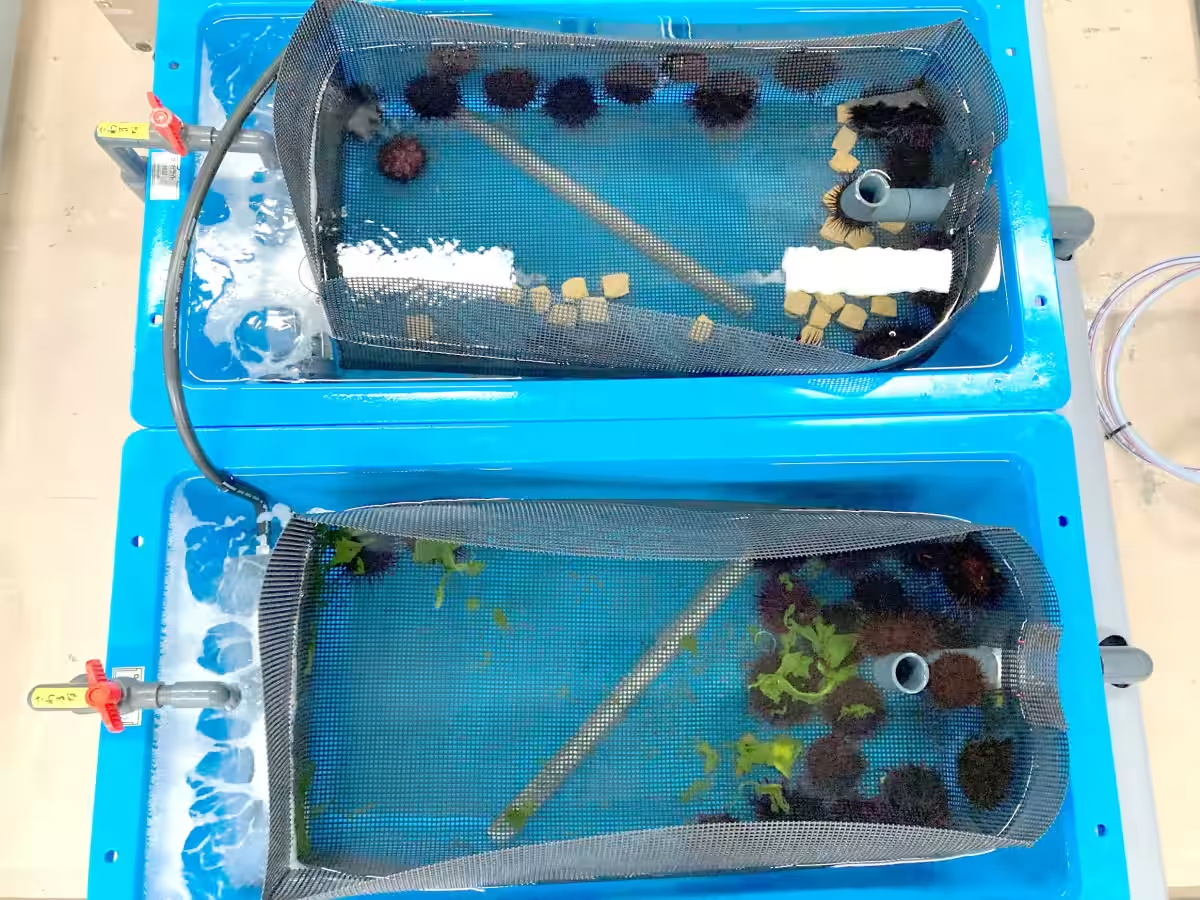
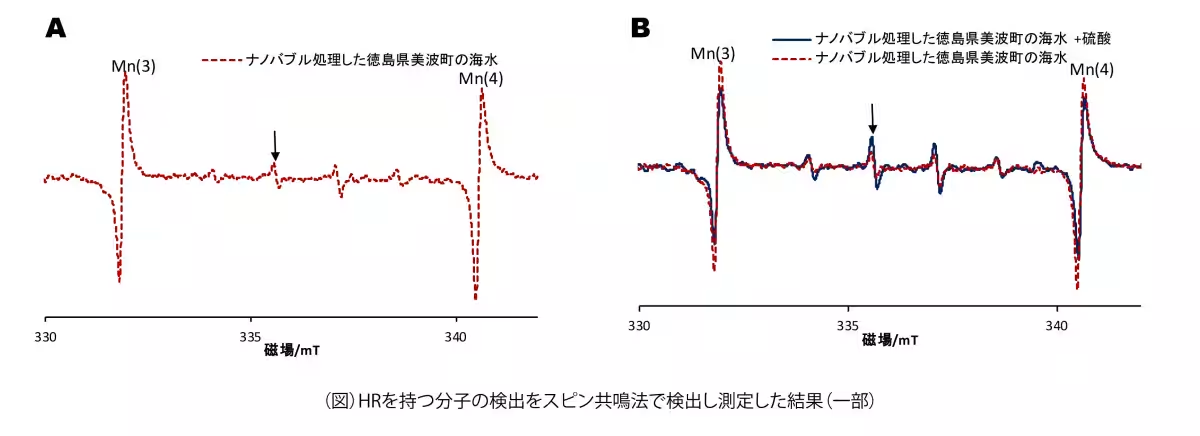
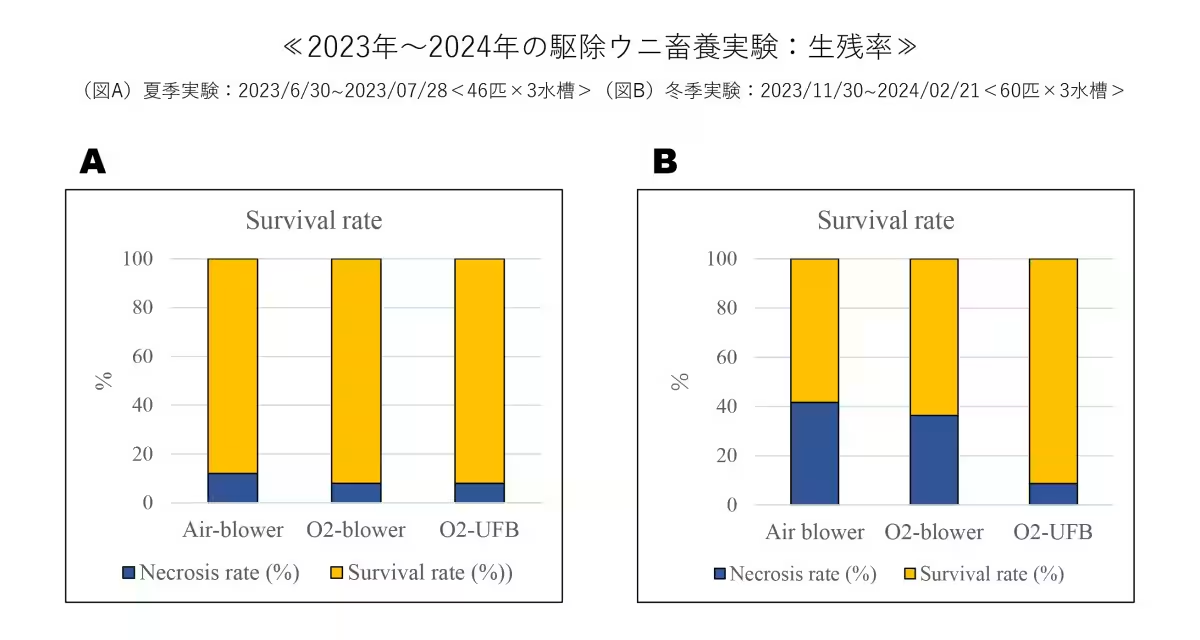
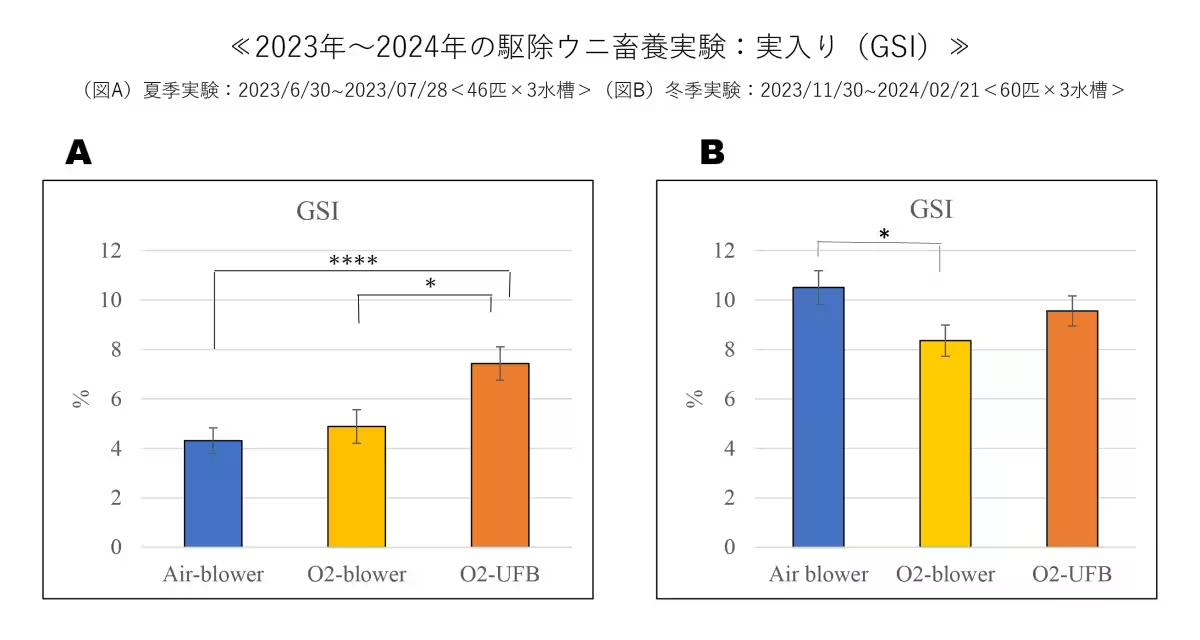
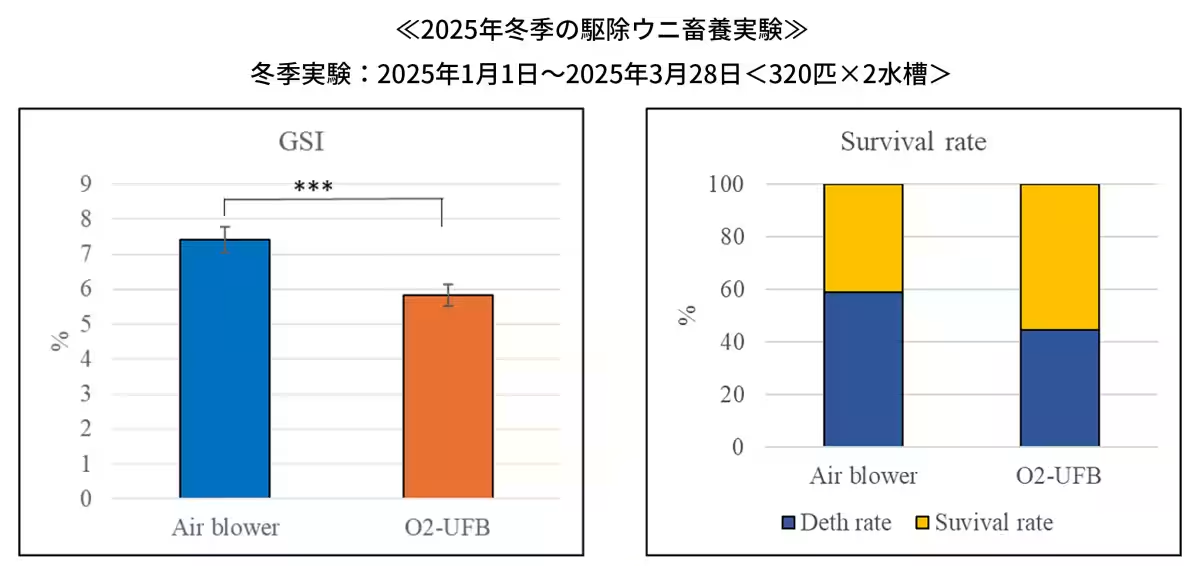
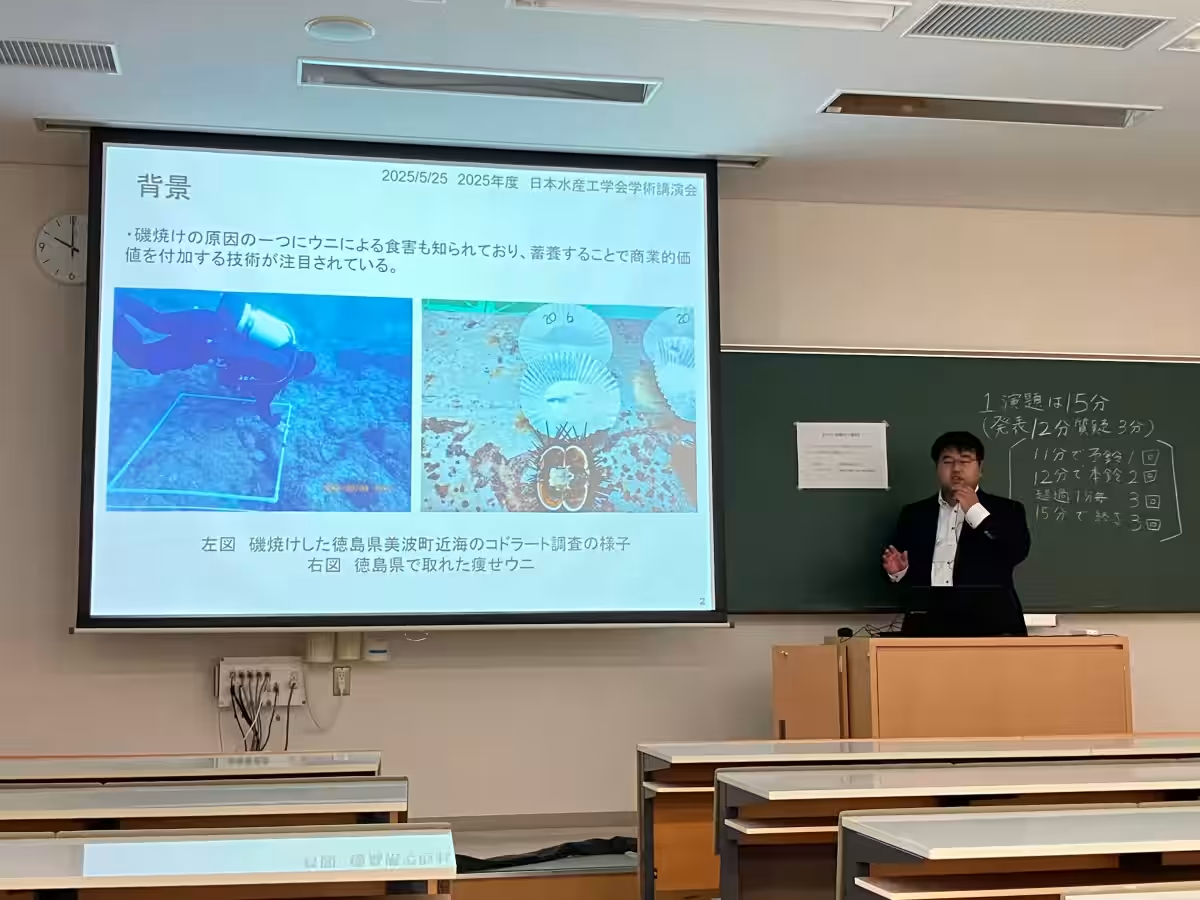
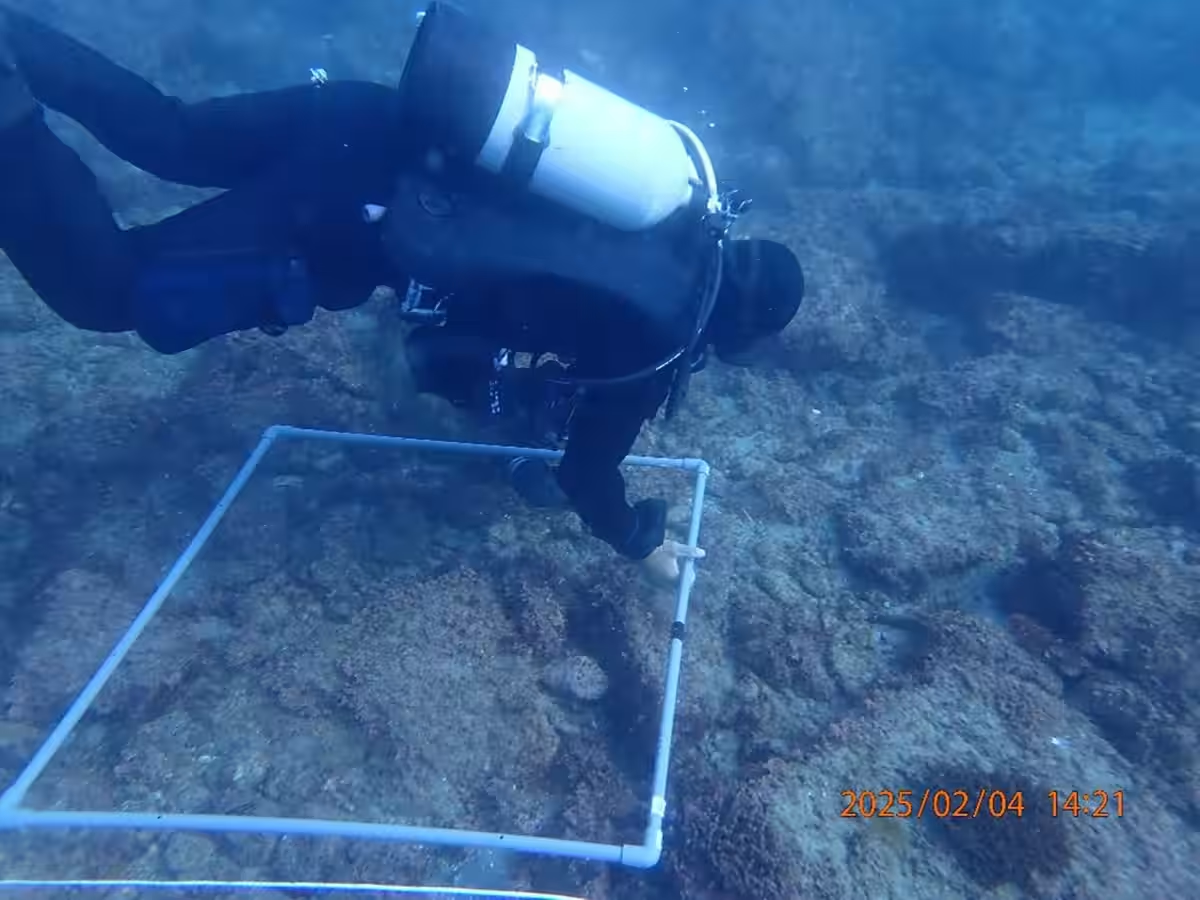
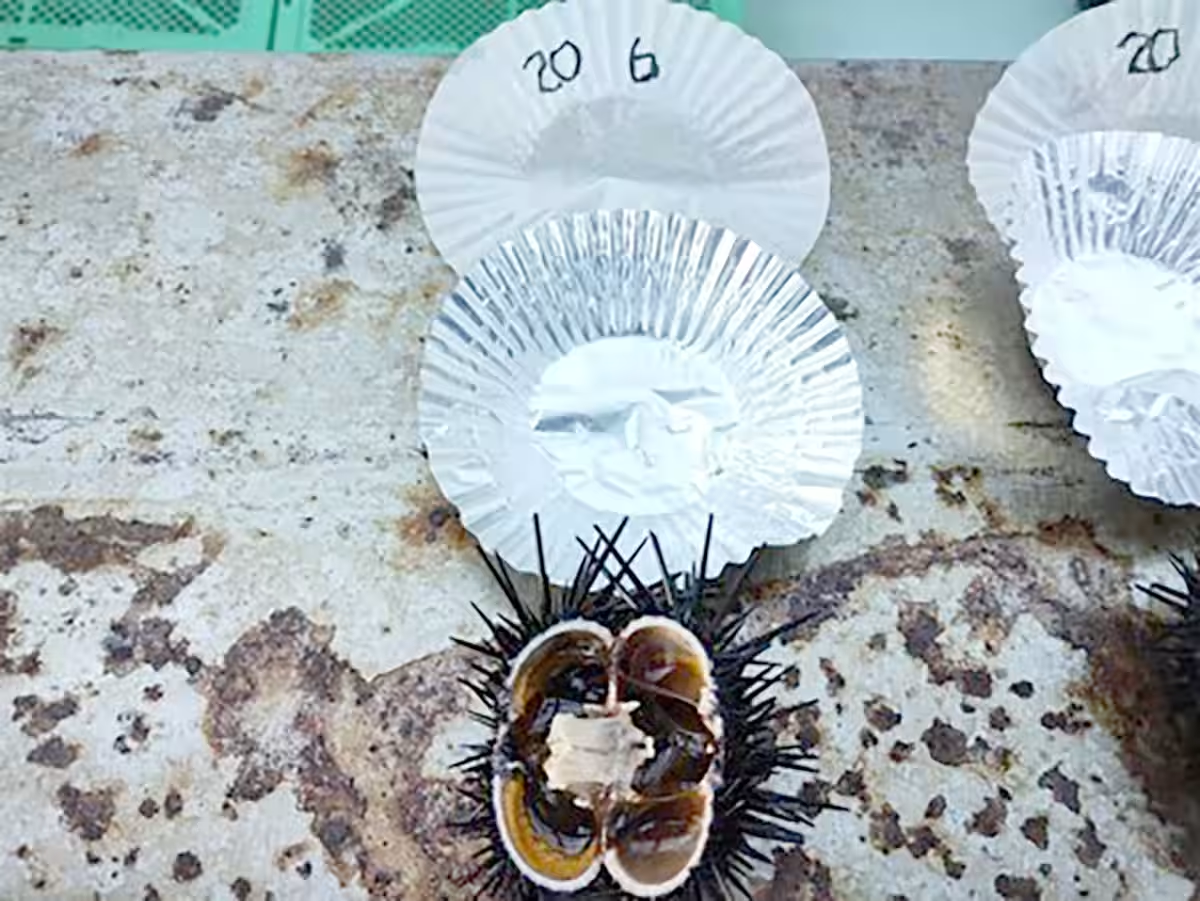
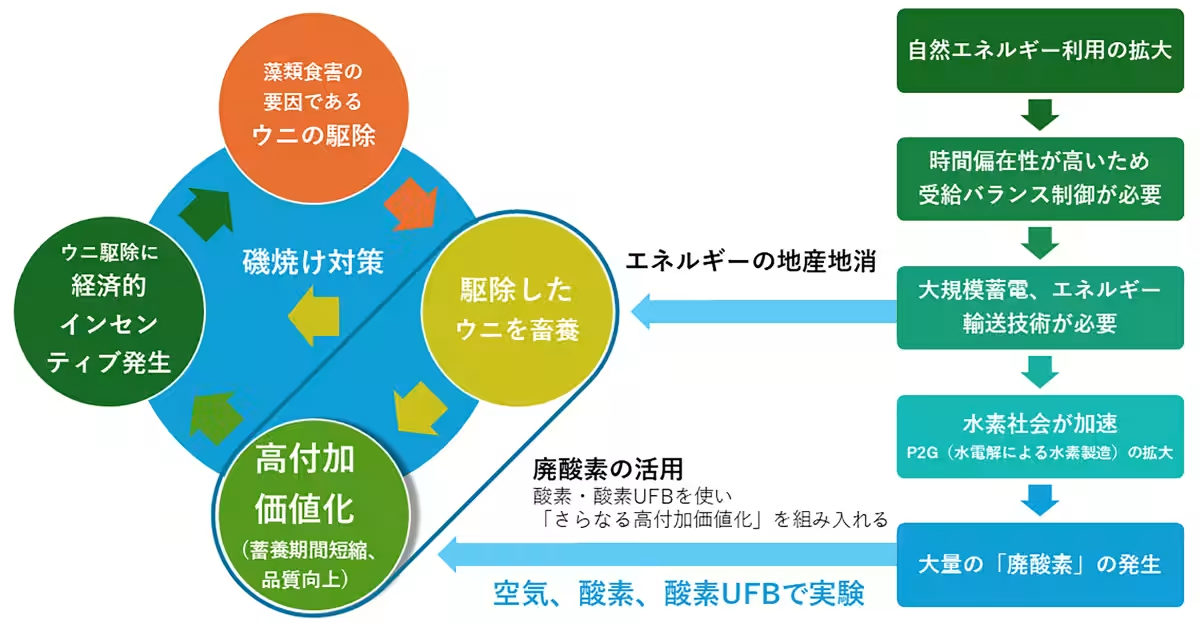
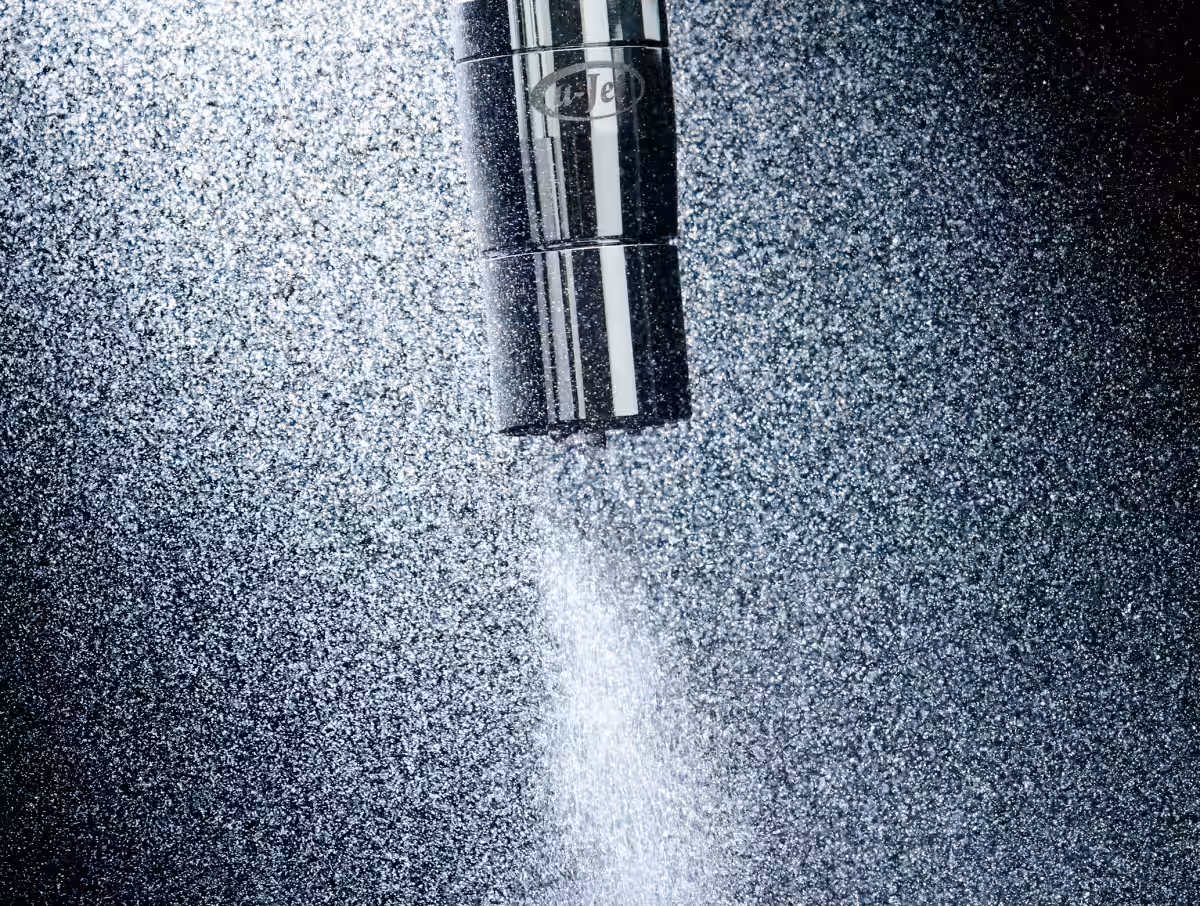
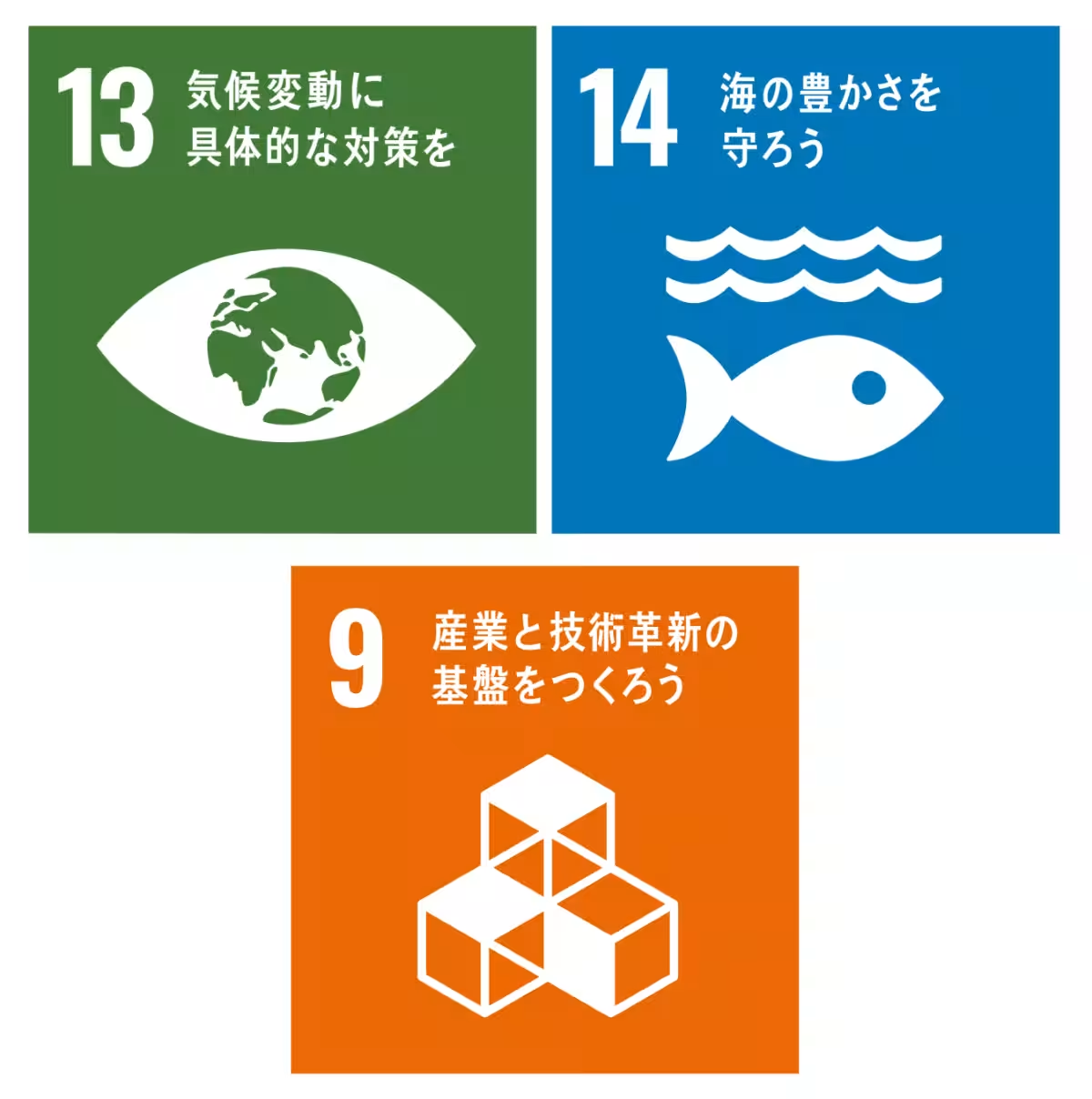
Topics Consumer Products & Retail)






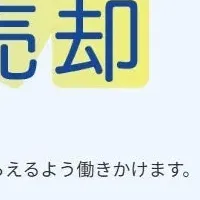



【About Using Articles】
You can freely use the title and article content by linking to the page where the article is posted.
※ Images cannot be used.
【About Links】
Links are free to use.